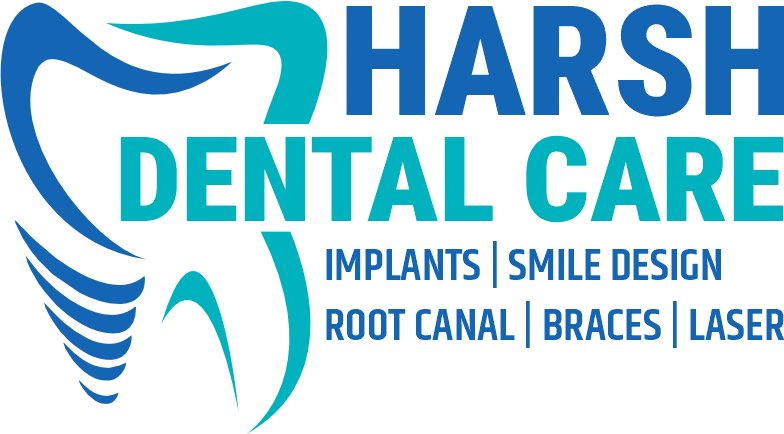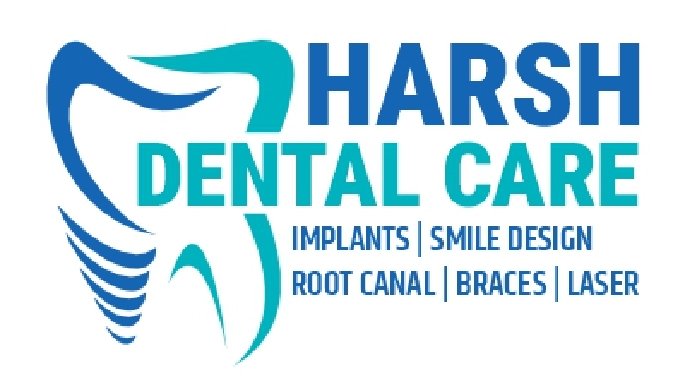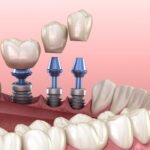Welcome to a revealing journey into the world of oral health, where Dr. Harshad Pandey, a renowned dentist based in Rewa, sheds light on the common yet often misunderstood issue of dental cavities. Cavities, or tooth decay, are one of the most prevalent chronic diseases worldwide, yet many are unaware of their causes and how they can be prevented. Through years of dedicated practice and research, Dr. Pandey offers invaluable insights into the culprits behind cavities and how to safeguard your smile.
The Nature of Cavities
Cavities, scientifically known as dental caries, occur when tooth enamel is destroyed, leading to holes or damages in the teeth. This process begins when plaque, a sticky film of bacteria, forms on the teeth. When these bacteria come into contact with sugars and starches in food, they produce acids that attack the tooth enamel, eventually leading to decay.
Unveiling the Culprits
1. Poor Oral Hygiene
The foundation of cavity prevention is maintaining good oral hygiene. Inadequate brushing and flossing allow plaque to build up and harden, leading to tartar, which is much harder to remove and provides a breeding ground for cavity-causing bacteria.
2. Sugary and Acidic Foods and Drinks
Diet plays a crucial role in oral health. Sugary foods and drinks, including soft drinks, candies, and even fruit juices, can contribute to cavity formation. Acidic foods and beverages can erode tooth enamel, making the teeth more susceptible to decay.
3. Insufficient Fluoride
Fluoride is a mineral that helps prevent cavities and can even reverse the earliest stages of tooth damage. A lack of sufficient fluoride, whether from not using fluoride toothpaste or not having access to fluoridated water, can increase the risk of cavities.
4. Dry Mouth
Saliva helps wash away food particles and neutralize acids produced by bacteria, thus providing protection against decay. Conditions that reduce saliva flow, such as certain medications, diseases, and salivary gland problems, can make teeth more vulnerable to cavities.
5. Genetics
Individual genetic variations can make some people more prone to cavities despite having good oral hygiene habits. Factors such as the composition of saliva, tooth enamel strength, and the natural shape and alignment of teeth can influence susceptibility to decay.
6. Frequent Snacking and Sipping
Constant snacking or sipping on sugary or acidic drinks throughout the day can provide a continual feast for bacteria, leading to the production of acids that harm tooth enamel.
Combatting the Culprits: A Preventative Approach
Dr. Pandey emphasizes that understanding the causes of cavities is the first step toward prevention. He recommends a holistic approach to oral health that includes:
- Regular Dental Check-ups: Visiting your dentist at least twice a year for cleanings and examinations can help catch and treat cavities early.
- Proper Oral Hygiene: Brushing twice a day with fluoride toothpaste and flossing daily are essential.
- Balanced Diet: Limiting the intake of sugary and acidic foods and beverages can reduce the risk of cavities.
- Staying Hydrated: Drinking plenty of water, especially if you have a dry mouth, can help maintain saliva flow and wash away food particles and bacteria.
- Using Fluoride: Using fluoride toothpaste and, if recommended by your dentist, a fluoride mouthwash can strengthen tooth enamel.
Conclusion
Cavities are a common dental issue, but they are also highly preventable. By unveiling and understanding the culprits behind cavities, individuals can take proactive steps to protect their oral health. Dr. Harshad Pandey’s insights from his practice in Rewa offer a comprehensive guide to achieving and maintaining a cavity-free smile. Remember, the key to a healthy mouth starts with knowledge, and the power to prevent cavities is in your hands.





